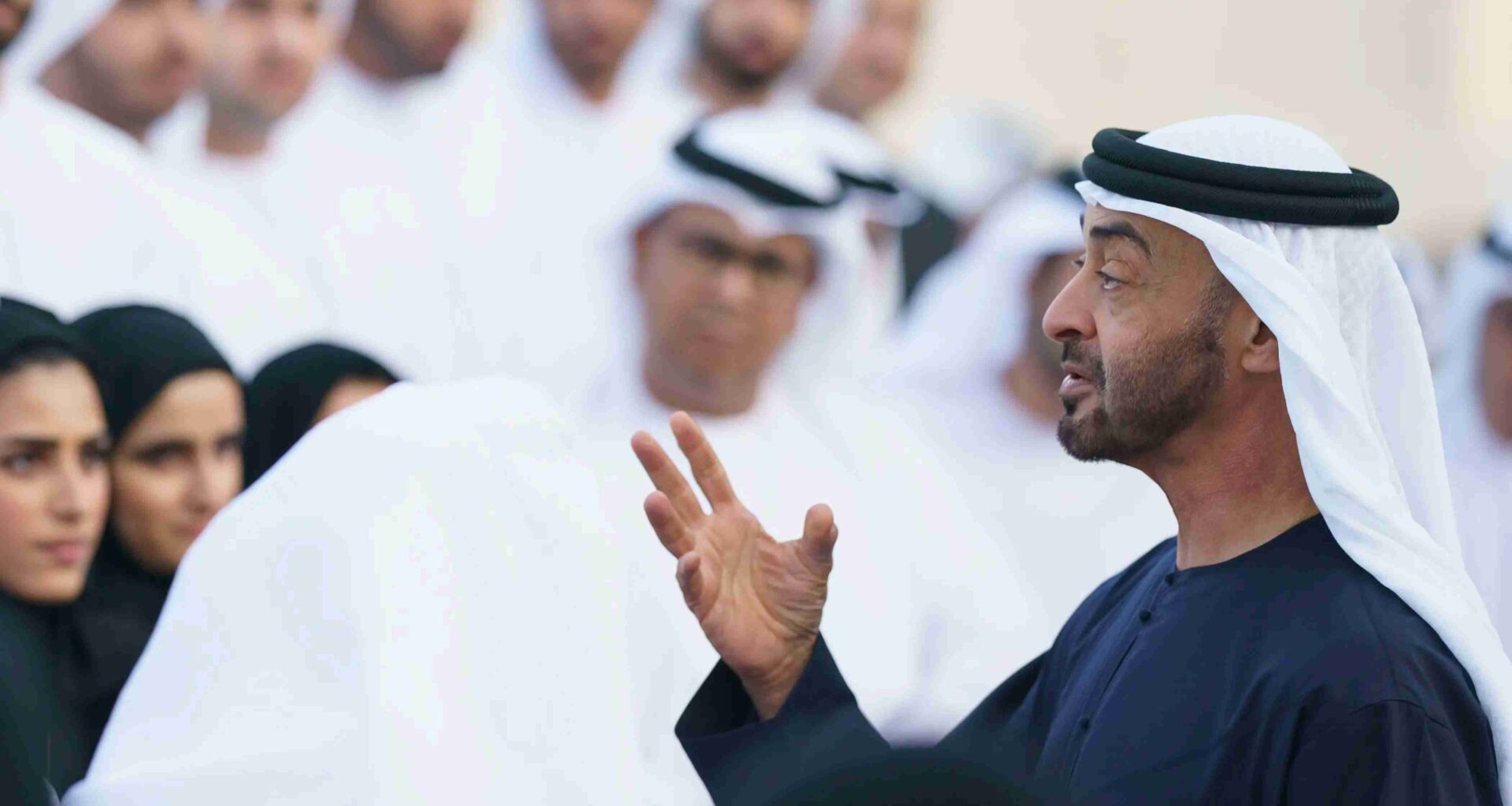The United Arab Emirates has established itself firmly as one of the safest countries in the world. As such, the Gulf state actively works hand in hand with other nations in fostering safer and more stable environments, particularly by combating modern criminal tactics, while also offering training and intelligence to address the evolving spectrum of transnational threats – from environmental to cyber-crimes.
The UAE has long championed international security cooperation through structured partnerships and global law-enforcement alliances. Back in 2005, the oil-rich state signed a comprehensive security-cooperation agreement covering major crime, trafficking, financial crime, and cyber-crime with Germany, while in 2017 it contributed €50 million ($58,2 million) to support seven INTERPOL projects aimed at combating global crime and terrorism.
That year, the UAE, together with France, also established the International Security Alliance (ISA) as a framework allowing the two nations to address issues of global significance, foremost among them being the combat of transnational organized crime. In the meantime, seven more countries – Bahrain, Morocco, Italy, Spain, Senegal, Singapore, and Slovakia – have joined the group. It has now evolved to become one of the world’s foremost multilateral platforms for law-enforcement cooperation and capacity-building.
Through the ISA, the UAE continues to enhance its international convening power and co-ordination capabilities by building strategic partnerships both regionally and globally. Most recently, In October this year, under the ISA framework, its members held their third joint simulation exercise (ISALex‑3) in Bahrain, an advanced, technology-enabled simulation designed to test and improve the members’ capacity to prevent human and arms trafficking. The exercise integrated artificial intelligence systems and digital simulations to mirror real-world organized-crime scenarios.
According to General Shaikh Rashid bin Abdullah Al Khalifa, Bahrein’s Minister of Interior, the exercise demonstrated a “high degree of readiness and operational capability in addressing security developments.” In his view, the Alliance’s growing cooperative role in promoting regional security, while the current international security challenges require “joint assessments of capabilities and structured frameworks for cooperation based on shared objectives.”
ISALex‑3 was yet another opportunity for the United Arab Emirates to present itself as a trusted partner not only for Bahrein, but also for other nations seeking to confront 21st‑century threats. This year, according to reports, a coalition of 25 countries, working alongside the UAE and ISA, intercepted more than 822 tons of illicit narcotics valued at approximately US$2.9 billion, and arrested over 12,500 suspects worldwide. Previously, in November 2024, the UAE signed two agreements with Sweden to strengthen cooperation in combating organized crime, while in May this year it inked a similar deal with Serbia.
These achievements demonstrate the UAE’s capacity to contribute meaningfully to high-complexity international operations, reaffirming that effective modern security cooperation must be multilateral, integrated, and technology-driven. At the same time, the oil-rich nation appears to aim to be a valuable interlocutor for smaller states, a trusted partner for major powers, and a bridge between regional and global systems.
But the UAE not only provides training and expertise to other nations but also actively learns from them. Its law-enforcement agencies regularly participate in international training programs and joint exercises, ensuring a two-way flow of expertise and strengthening interoperability with partners worldwide.
Domestically, the UAE continues to be widely regarded as a leader in next-generation policing through the integration of AI-driven surveillance, predictive analytics, and cyber-patrol units designed to identify risks before they materialize, creating a model of anticipatory security that many partners seek to emulate.
Dubai Police, for example, has recently integrated AI-driven surveillance and predictive policing systems to monitor suspicious financial transactions and detect early signs of organized crime, while Abu Dhabi Police are actively deploying advanced “cyber-patrol units” to counter cyber and financial fraud.
However, what the UAE policymakers also understand is that security is not achieved through technology alone. By combining operational excellence with soft power, the United Arab Emirates enhances both its influence and its capacity to convene global coalitions around a common goal: safety and human security for all.
The Gulf state’s collaboration efforts in this space are reinforced through initiatives such as hosting international summits, leading workshops under the International Initiative of Law Enforcement for Climate (I2LEC), and supporting the Secure Communities Forum (SCF), each designed to strengthen institutional capacity and foster cross-border understanding.
Indeed, through its regional cooperation program, the UAE has made agreements with countries like Egypt, Rwanda, Kazakhstan, and Iraq to help improve leadership, human resources, programs, and digital systems. In regions such as the Horn of Africa, the UAE’s training and support initiatives contribute to long-term stability and resilience, consistent with its broader commitment to global peace and sustainable development.
Looking ahead, the United Arab Emirates seems to be preparing for threats that go beyond traditional crime, including cyberattacks, transnational terrorism, the misuse of emerging technologies, and other complex challenges that require integrated, multilateral responses. It is, therefore, no surprise that the country is actively investing in advanced intelligence, data analysis, and international cooperation to address these risks.
Through innovation, multilateral engagement, and the strategic vision of its leadership, the Gulf nation is shaping a more collaborative and future-ready global security landscape, built to meet the challenges of the 21st century.
[Image credit: Official website of Mohamed bin Zayed Al Nahyan]
The views and opinions expressed in this article are those of the author.

The author is a Serbian freelance journalist. He writes for several publications such as CGTN, Geopolitical Monitor, Global Security Review, International Policy Digest and Global Comment. Nikola also regularly contributes for YouTube geopolitical channel KJ Vids. He covers mostly Russia, Belarus and Ukraine.
